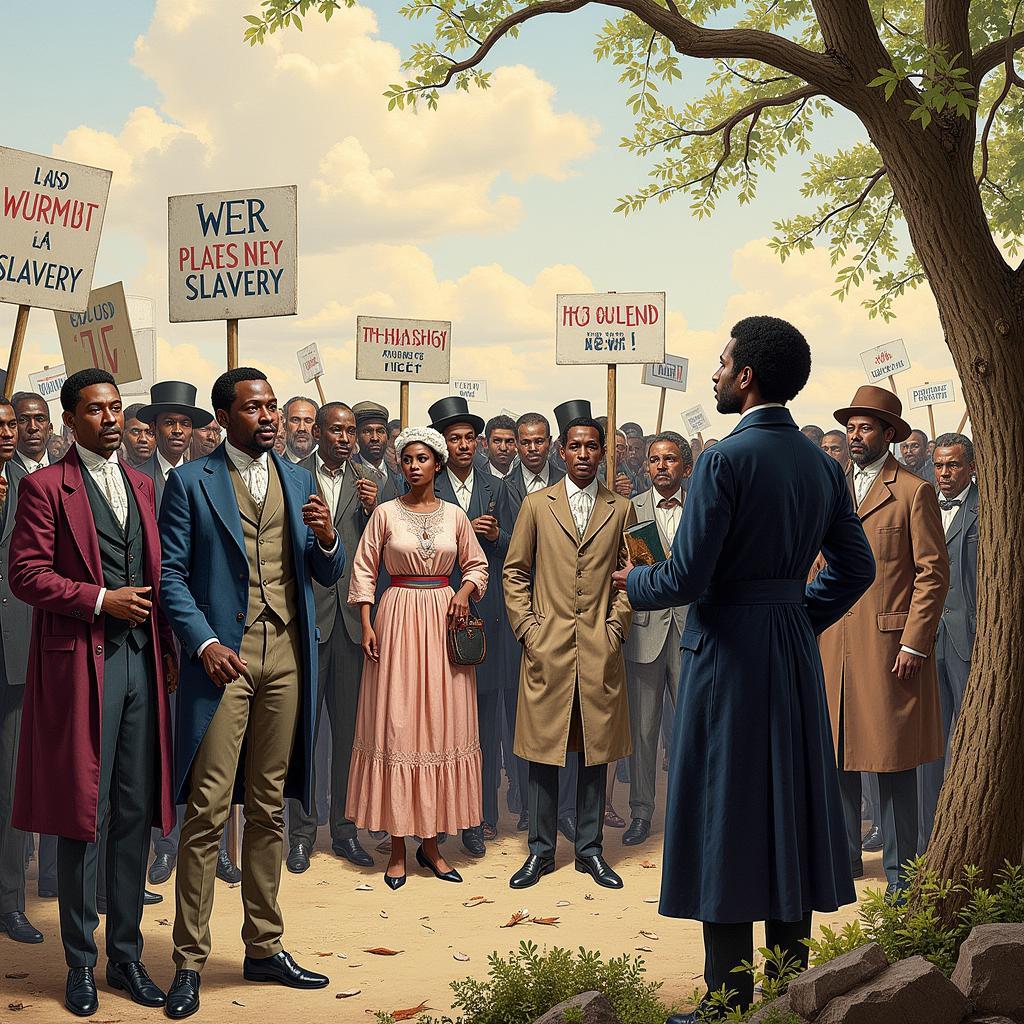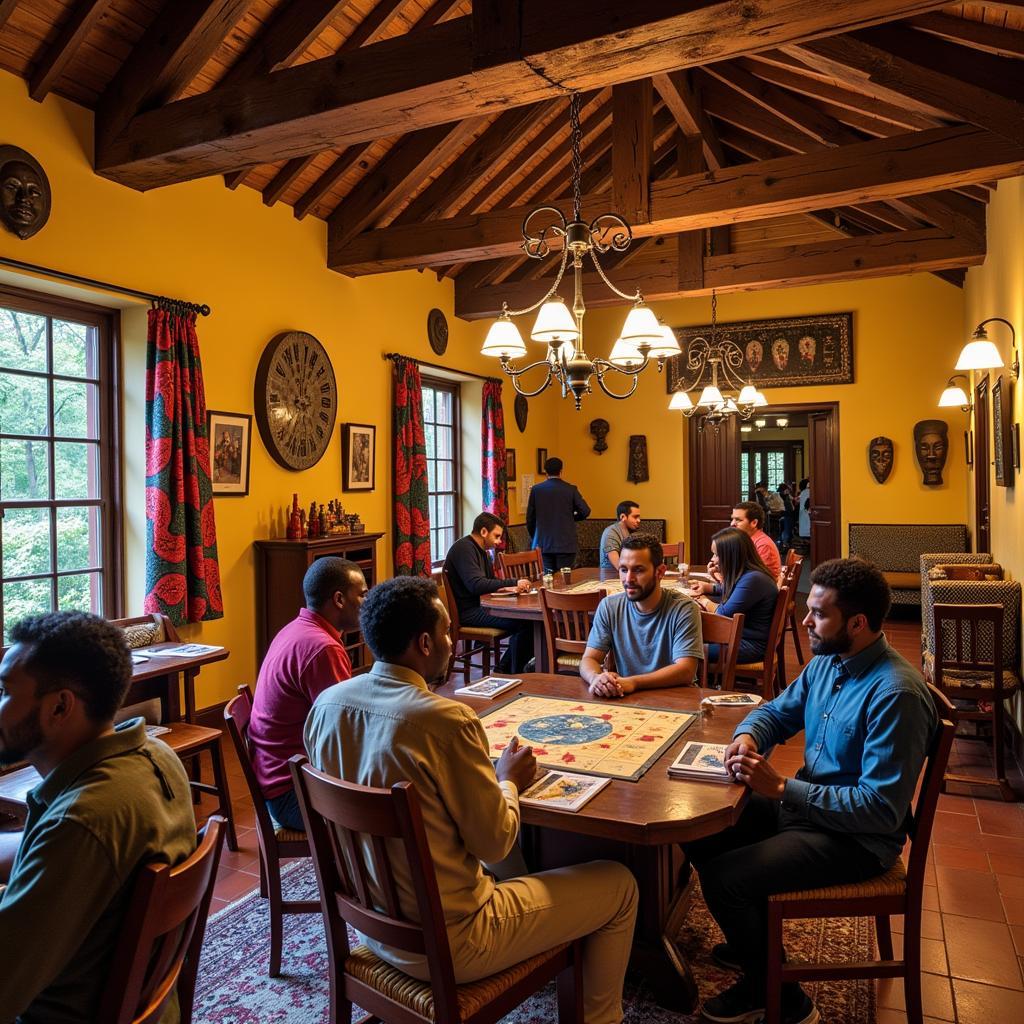Influential African Female Politicians: A Spotlight on Mozambique
Mozambique, a vibrant nation on the southeastern coast of Africa, boasts a rich history of female political leadership. This article delves into the significant contributions of African female politicians, particularly focusing on those who have shaped Mozambique’s political landscape. From navigating post-colonial challenges to championing social progress, these women have played a vital role in the nation’s development.
The Rise of Women in Mozambican Politics
Following Mozambique’s independence in 1975, women began to take on increasingly prominent roles in the political sphere. This surge in female political participation was fueled by the Frelimo government’s commitment to gender equality and the active involvement of women in the liberation struggle. While challenges remained, this era marked a significant shift towards greater representation of women in Mozambican politics. Overcoming traditional societal expectations and systemic barriers, these women paved the way for future generations of female leaders. The commitment to inclusivity has slowly but surely resulted in greater opportunities for women to participate in shaping their nation’s future.
Key Figures Shaping Mozambique’s Political Narrative
Several remarkable women have made indelible marks on Mozambique’s political trajectory. Graça Machel, a prominent advocate for women’s and children’s rights, served as Minister of Education and Culture. Her influence extended beyond national borders, becoming a respected voice on the international stage. Luísa Diogo, another influential figure, served as Prime Minister, contributing significantly to Mozambique’s economic development and poverty reduction efforts. These women, amongst others, demonstrated the crucial role of African female politicians in driving positive change.
What challenges do African female politicians face in Mozambique?
One of the significant hurdles faced by African female politicians in Mozambique, and indeed across the continent, is overcoming deeply ingrained societal expectations. Traditional gender roles often limit women’s access to education and leadership opportunities.
The Ongoing Struggle for Equal Representation
While progress has been made, the fight for equal representation continues. Mozambican women still face underrepresentation in key decision-making positions. Factors such as limited access to resources, cultural biases, and the burden of unpaid care work hinder their full participation in the political arena. Addressing these issues requires a multi-faceted approach, including promoting girls’ education, empowering women economically, and challenging discriminatory norms.
How has the role of women in Mozambican politics evolved over time?
The role of women in Mozambican politics has evolved significantly since independence. Initially, their participation was primarily driven by the liberation struggle. Over time, they have transitioned into more diverse roles, assuming leadership positions in government, civil society, and the private sector.
The Future of Female Leadership in Mozambique
The future of female leadership in Mozambique is promising. A growing number of young women are actively engaging in politics and advocating for change. These emerging leaders are challenging traditional power structures and demanding greater inclusion in decision-making processes. Their active participation signifies a positive trend towards a more equitable and representative political landscape in Mozambique.
In conclusion, African female politicians, particularly in Mozambique, have made significant contributions to their nation’s political and social development. Despite ongoing challenges, their resilience, dedication, and unwavering commitment to progress continue to shape Mozambique’s political future. The increasing involvement of younger generations of women in politics promises a brighter and more inclusive future for the nation, showcasing the power and potential of African female politicians.
FAQ
-
Who are some prominent female politicians in Mozambique?
Some notable figures include Graça Machel and Luísa Diogo. -
What challenges do women face in Mozambican politics?
Challenges include societal expectations, limited resources, and cultural biases. -
How has the role of women in politics evolved?
Their roles have expanded beyond the liberation struggle to include diverse leadership positions. -
What is the future of female leadership in Mozambique?
The future is promising, with increasing numbers of young women engaging in politics. -
How can we support women in politics?
Promoting education, economic empowerment, and challenging discriminatory norms are crucial. -
Why is female representation in politics important?
It ensures diverse perspectives and contributes to more inclusive and effective governance. -
Where can I find more information about this topic?
Research online resources, academic journals, and reputable news outlets.
For further assistance, please contact us: Phone: +255768904061, Email: kaka.mag@gmail.com or visit us at Mbarali DC Mawindi, Kangaga, Tanzania. Our customer service team is available 24/7.

